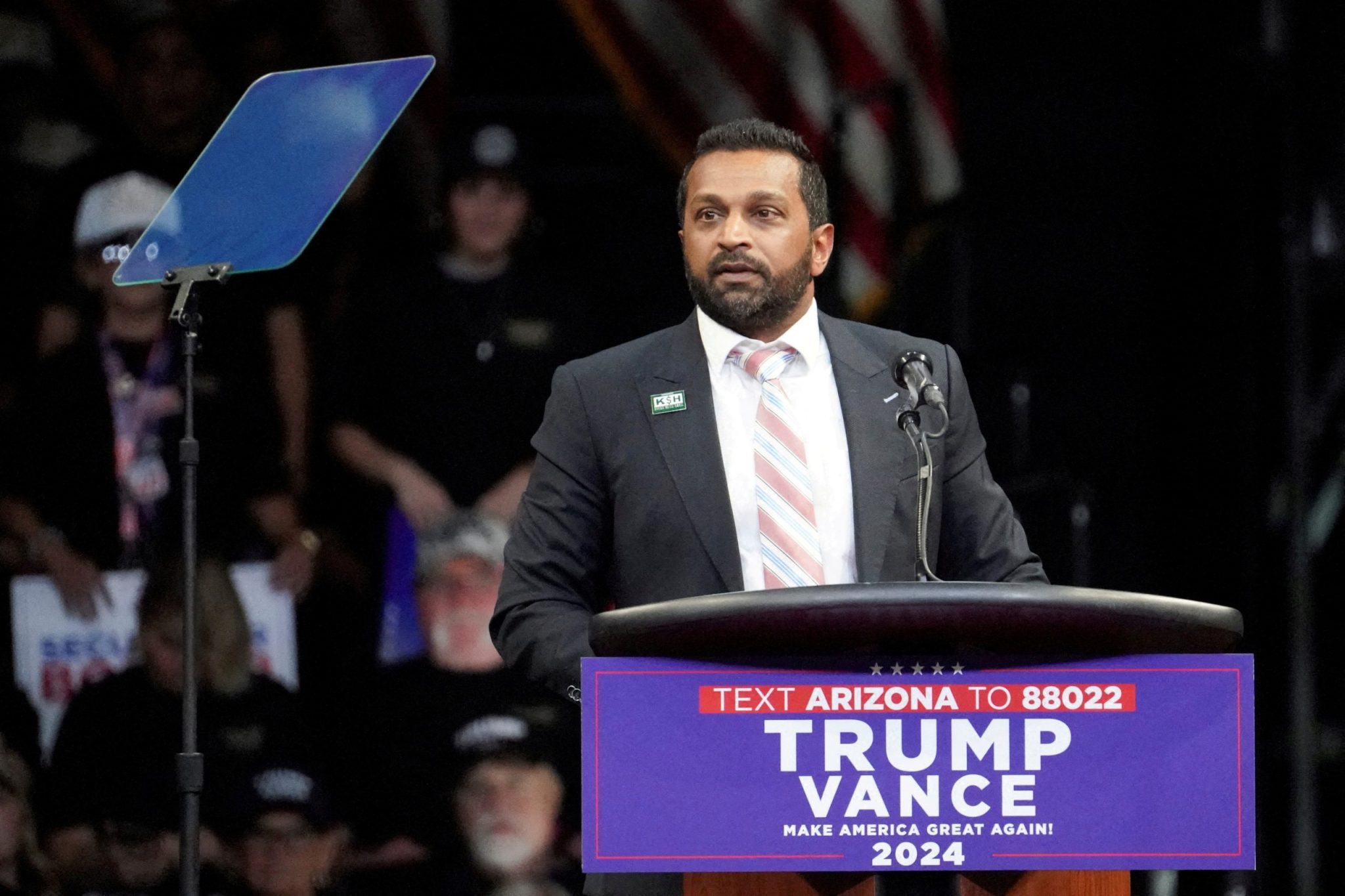President Donald Trump’s bold move to appoint Kash Patel as the next director of the Federal Bureau of Investigation has sent shockwaves through Washington, igniting fiery debates and raising critical questions about the future of the nation’s top law enforcement agency. With Patel’s controversial background and close ties to Trump, the stage is set for a high-stakes confirmation battle that could reshape the landscape of US intelligence and justice.
In a post on Truth Social, Trump hailed Patel as a “brilliant lawyer, investigator, and ‘America First’ fighter,” highlighting his role in debunking what Trump termed the “Russia, Russia, Russia Hoax.” Patel’s history as a vocal supporter of Trump and his involvement in various high-profile cases have made him a polarizing figure, drawing both fierce loyalty and deep skepticism.
The decision to nominate Patel raises concerns about potential politicization of the FBI, given his track record of pushing for purges within government agencies to eliminate perceived enemies of the former president. His nomination also comes at a time when trust in institutions like the FBI is already under scrutiny, following years of political turmoil and public skepticism.
“If confirmed, Patel will replace current FBI Director Chris Wray,” notes an expert on national security. “This transition could signal a shift towards more aggressive enforcement tactics and a focus on loyalty over traditional investigative independence.”
However, Patel’s path to confirmation is far from smooth. His divisive reputation among even staunch Trump loyalists has raised doubts about whether he can garner enough support in the Senate. Past clashes with senior officials like Attorney General Bill Barr and CIA Director Gina Haspel underscore the challenges ahead for Patel as he navigates the confirmation process.
“Whether it’s criminally or civilly, we’ll figure that out,” Patel’s vow to potentially prosecute journalists has sparked concerns about press freedom and government overreach. His willingness to challenge established norms and target media outlets adds another layer of complexity to an already contentious nomination.
As Washington braces for what promises to be a tumultuous confirmation battle, the implications of Patel leading the FBI are far-reaching. From reshaping national security priorities to defining the boundaries between politics and law enforcement, Patel’s appointment represents a pivotal moment in American governance.
In this era of heightened political polarization and institutional distrust, Patel’s ascent to lead one of the nation’s most powerful agencies could either solidify existing divisions or pave a path towards recalibrating norms around accountability and integrity in public service. As stakeholders on all sides gear up for what lies ahead, one thing remains certain: the selection of Kash Patel as FBI director is poised to be a watershed moment in American politics.









